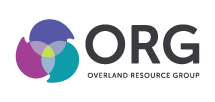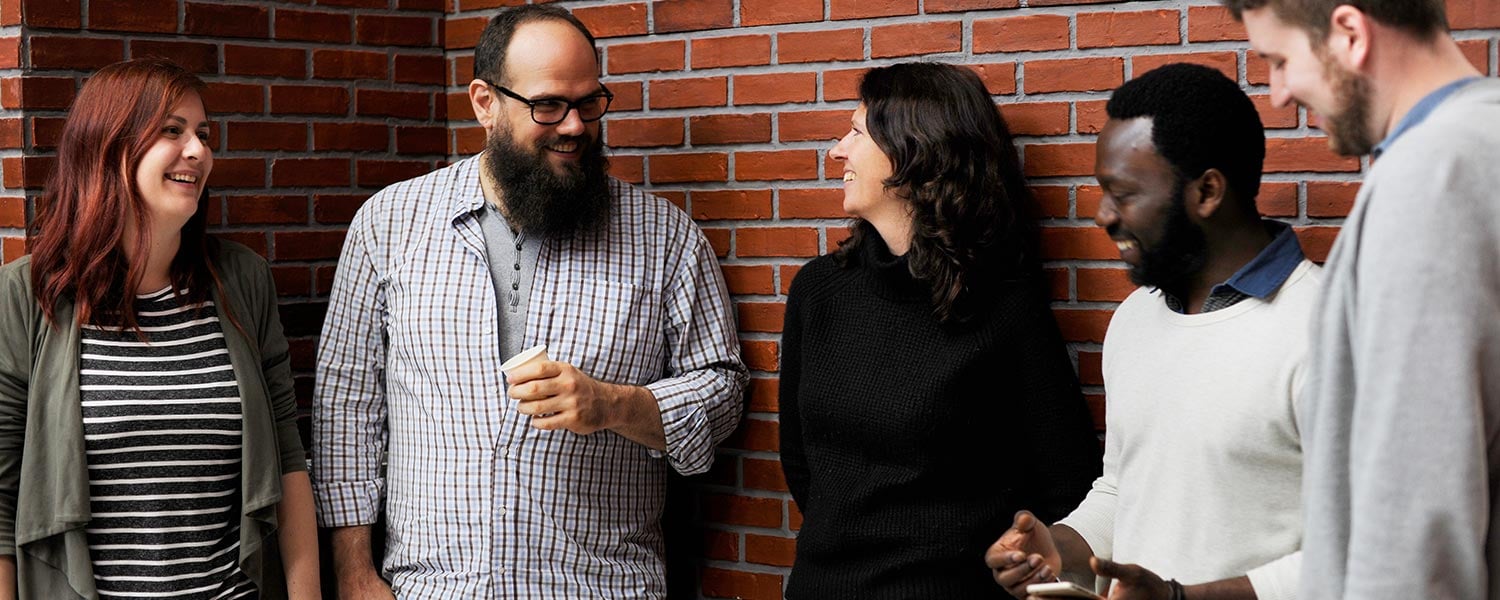STUDIES SHOW THAT CASUAL CONVERSATION STIMULATES OFFICE PRODUCTIVITY.
The long-standing tradition of employees shooting the breeze around the water cooler may sound like a waste of time in today’s fast-paced, productivity-focused business world. On the surface, it makes sense that leaders might be tempted to nix this behavior—but let’s take a closer look at its surprising benefits.
Believe it or not, many studies have documented the essential role of casual conversations in the workplace. In fact, they’ve uncovered that these sort of “unplanned meetings” are so critical that people were actually less productive in environments where social interaction is frowned upon.
The proverbial water cooler talks that have proven to be healthy and beneficial shouldn't be confused with the trendy but often distracting open office layouts—they're altogether different. Historically, water cooler chats have provided short but necessary mental and physical breaks, opportunities to temporarily de-stress, and brief but meaningful moments that help to foster community–all of which improve engagement and reset focus.
Even so, it’s easy to understand why managers might assume that this time-honored tradition hinders workplace productivity. Some might try to keep people on task by taking periodic strolls through the kitchen, shooing employees to their desks to “get back to work.” However, 15 extra minutes spent in solitary cubical confinement, will not necessarily yield productivity gains (not to mention–just because employees are at their desks, doesn’t necessarily mean they’re being productive).
Wherever you find yourself on the spectrum–whether you’re convinced that casual workday chit-chat amount to goofing off, or you’re looking for ways to affirm your twice-a-day visit to the Keurig–it’s worth considering why periodic social breaks are known to have a positive effect.
4 BENEFITS OF WATER COOLER CHATS
1. Personal interaction makes work meaningful and enjoyable.
Informal chats are important for building team rapport. People enjoy sharing stories about children, crazy family members, adorable pets, and the big game. These interactions help employees make meaningful connections. Additionally, developing relational rapport builds trust that lays a great foundation for collaborating on work projects.
2. A healthy work culture encourages engagement.
Businesses need engaged employees and a healthy work culture in order to flourish. Likewise, employees need to feel comfortable within the company’s culture in order to develop and grow. Water cooler chats help enhance company culture by bringing people together on a personal level, which in turn helps them feel plugged in to the company and invested their work.
3. Breaks stimulate fresh ideas and productivity.
While it seems logical that workplace chatter stifles productivity, studies show the opposite to be true. When people take a break to chat, they often return refreshed, energized, and ready to focus on the work at hand.
Ideas that come from water cooler conversations may influence new ideas, products, and services. It's a casual way to brainstorm and problem solve. This means that staff members are actually working while talking and sharing different perspectives.
4. Employees practice conversational skills.
Face-to-face, conversational competence is an overlooked skill in a world that’s becoming more and more dominated by electronic interaction. Social situations that allow people to react to interpersonal vocal cues and body language, help build respect, empathy, and friendship. This improves productivity as employees connect and become increasingly better at working together.
RULES OF ENGAGEMENT
In an age when personal interaction is challenged by technological advances, it’s important to recognize the benefits of conversation and become a champion of water cooler chats.
Why not lead by example and strike up a conversation? Here are a few tips.
- Listen to gain understanding. Show interest in what others are saying, and refrain from the urge to get your point across.
“Most people do not listen with the intent to understand; they listen with the intent to reply.” – Stephen R. Covey, The 7 Habits of Highly Effective People: Powerful Lessons in Personal Change
- Resist the urge to be a “one-upper” or exert superiority. Do not judge, trump the speaker’s story with your own, or jump in hastily with a solution from your point of reference or experience.
“The real art of conversation is not only to say the right thing at the right place but to leave unsaid the wrong thing at the tempting moment.” – Dorothy Nevil
- Ditch the distractions. Put away electronic devices and politely suggest that others to do the same–this is especially important in deeper conversations.
RESEARCH PROVES IT
A research group at MIT has developed innovative methods for examining the impact of workplace socializing. Using special technology, they measured the length and tone of conversations and found that group cohesion was a significant predictor of productivity.
They drew the following conclusions.
- We are social animals by nature–our connection with others is vitally important. Workers that felt more connected had greater job satisfaction and were shown to be more than 10% more productive.
- Deeper connections often yield an increase in shared knowledge, attitudes, work habits, and social support. Common water cooler topics include: how to manage specific situations, people, and problems; sharing tips; life-work balance, and more. Learning from each other in these areas can enhance productivity.
So, as you can see, the most useful tips for becoming more successful at work are probably not going to be found in a memo or an employee handbook, and the most productive conversations are not always had in a boardroom—sometimes they’re at the water cooler.
BEYOND THE WATER COOLER—MORE WAYS TO BOOST ENGAGEMENT
Want to dive in deeper and discover more ways improve employee engagement? Listen to our interview with Lee Bolman and Joan Gallos, authors of Engagement: Transforming Difficult Relationships at Work. This is one interview in our series: Profiles in Leadership, Collaboration, and Employee Engagement.
Still hungry for info? Check out these transformational insights.
- Working Together—Not Against
- The Secret Science Behind Great Teams
- An Open Letter to Leaders Who Don’t Believe in Engagement Surveys
- Want Engaged Employees? Start with Fairness.
When the way you’re working isn’t working, ORG can help. By fostering collaboration, boosting engagement, aligning goals, and implementing sustainable change, we can increase performance by two to three times your current goal—or more. Ready to work together?



